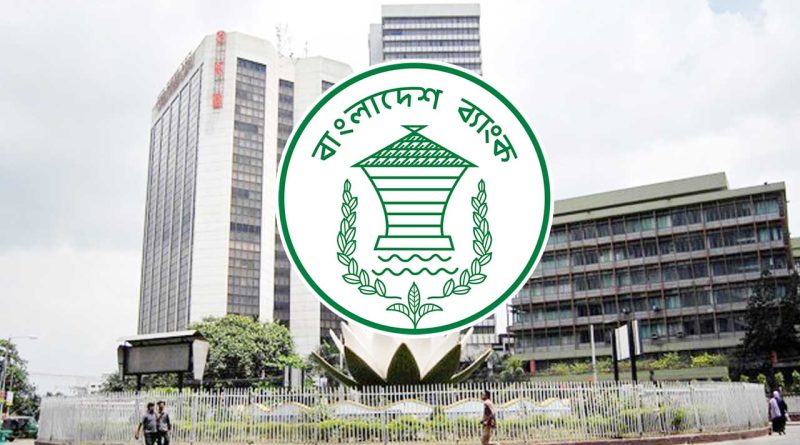For decades, the Bangladesh Bank’s independence has been more aspiration than reality — a promise made, rarely fulfilled. But this week, that may finally change.
The interim government is preparing to table two sweeping financial reforms — the Bangladesh Bank Order Amendment 2025 and a bank merger proposal — at the upcoming meeting of the advisory council, scheduled for Thursday, October 9. Both measures, insiders say, could redefine the country’s financial architecture and nudge the central bank toward long-sought autonomy.
According to senior officials in both the finance ministry and Bangladesh Bank, governor Ahsan H Mansur has already received the green signal from the chief adviser to move forward. The timing is no coincidence: Mansur is due to leave for Washington just days later to attend the International Monetary Fund (IMF) annual meetings from October 13.
The IMF’s pressure and Dhaka’s deadline
For Dhaka, these moves are more than policy milestones — they are prerequisites. Under its $5.5 billion IMF programme, Bangladesh has pledged to grant full operational autonomy to the central bank and rationalize its fragmented banking industry. The IMF has explicitly endorsed the merger plan as part of that agenda.
To unlock the next tranche of IMF funding in December, Bangladesh must satisfy six Quantitative Performance Criteria (QPCs), three of which were newly added in May. Officials say the government has met all but one — the revenue collection target. Meeting it would pave the way for a $450 million disbursement, the sixth installment in the programme.
The IMF first approved a $4.7 billion package in January 2023. That figure was later expanded in June this year with a six-month extension and an additional $800 million, bringing the total to $5.5 billion. So far, Bangladesh has received $3.6 billion.
An IMF mission is scheduled to arrive in Dhaka on October 29 for a two-week review of progress made up to June. That visit will determine whether the country remains on track for its December payout.
Reform at a crossroads
The stakes are high. Bangladesh’s financial system, weighed down by weak governance, politically connected lending, and overextended institutions, has long resisted reform. The proposed amendments to the Bangladesh Bank Order would, for the first time, codify limits on political interference in monetary policy — a step that could realign the central bank’s authority with global norms.
The parallel bank merger proposal, meanwhile, aims to streamline the sector’s 61 institutions, many of which are small, undercapitalized, and poorly managed. Consolidation, IMF officials argue, would help restore stability and efficiency to a system that has grown top-heavy and vulnerable.
If approved, these measures would mark one of the most consequential shifts in Bangladesh’s financial governance since the 1970s.
Between reform and reality
Yet autonomy, as many economists caution, is not conferred by ordinance. It requires sustained political will — something successive governments have often lacked. The interim administration’s current push may signal resolve, but whether that commitment endures beyond IMF negotiations remains uncertain.
For now, though, the momentum is unmistakable. With the IMF’s eyes fixed on Dhaka and the reform bills queued for approval, Bangladesh Bank stands closer to true independence than at any time in its history.






